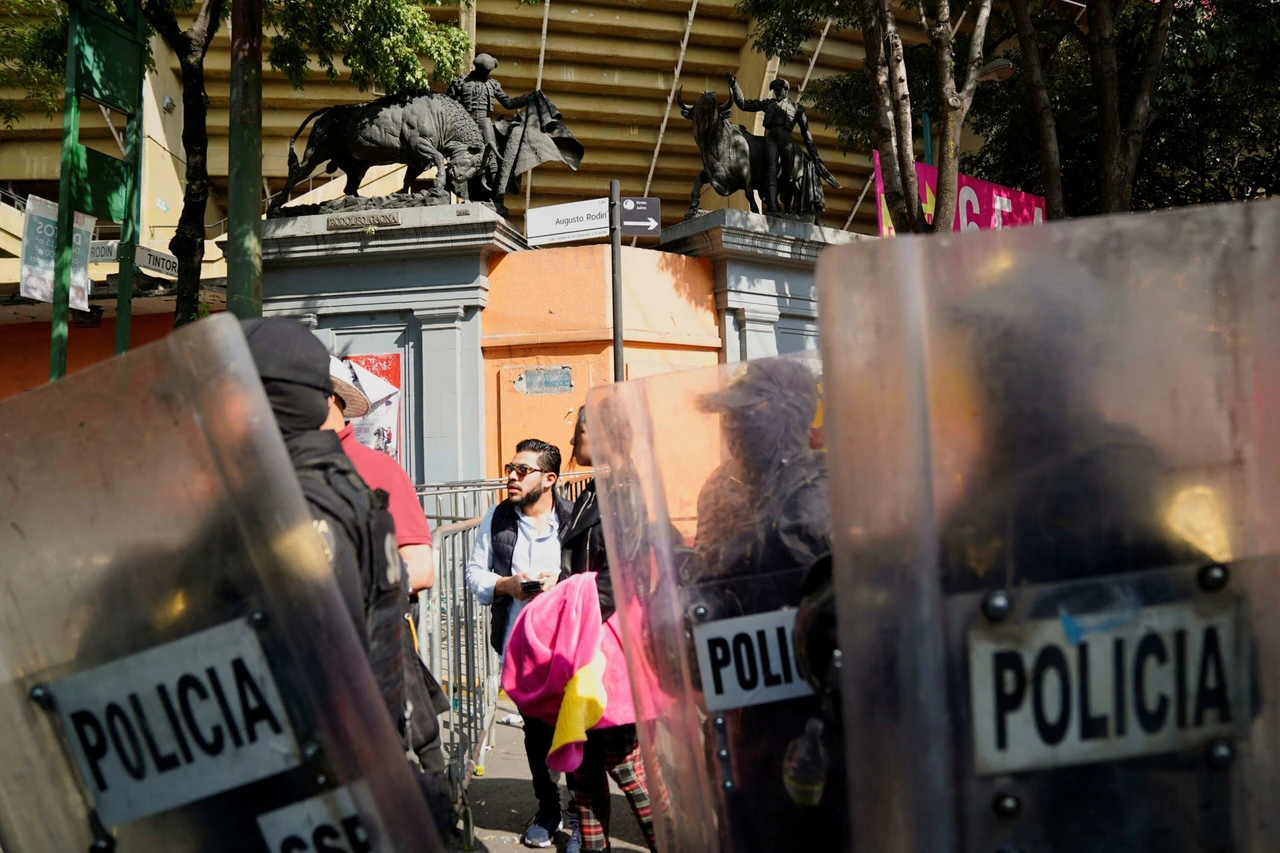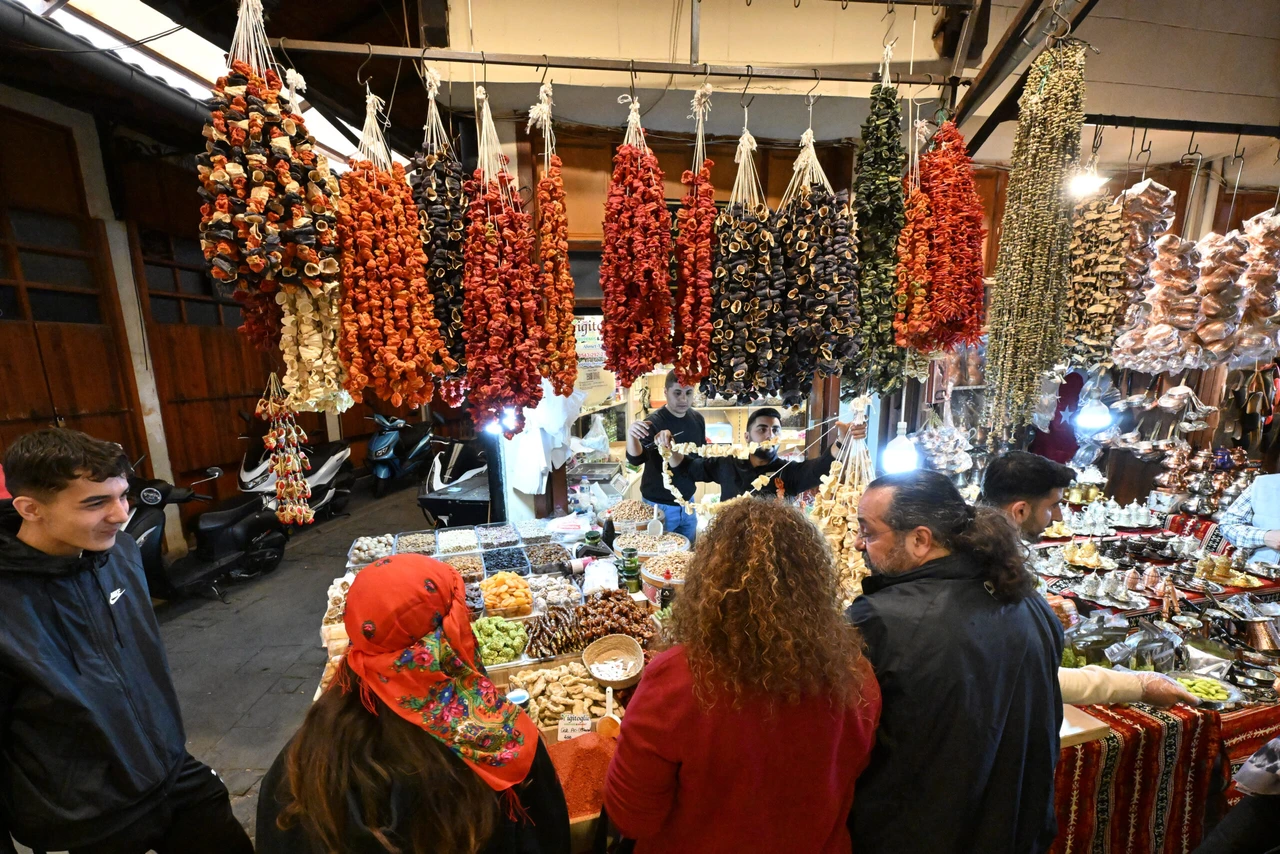Protests erupt as bullfighting continues in Mexico City following Supreme Court decision

Activists in Mexico City have protested against the resumption of bullfighting, following a Supreme Court decision to revoke an earlier suspension
Activists gathered on Sunday to express their dissent against the resumption of bullfighting in Mexico City, a move prompted by the recent Supreme Court decision to revoke an earlier suspension.
Dozens of protesters convened at the central Glorieta de Insurgentes roundabout before marching towards the Plaza de Toros bullring, considered the world’s largest with a seating capacity of 50,000, just hours before the scheduled event.
Jeronimo Sanchez, director of the NGO Animal Heroes, voiced their opposition, stating, “We are completely against the fact bullfights have returned, and that these events continue to be held where only pleasure is sought through the torture of an animal,”
Protesters brandished banners adorned with anti-bullfighting messages, such as “No to bullfighting” and “No more deaths of innocents.” Notably, two demonstrators wearing bull masks and covered in blood-red paint stood as a poignant visual representation of their cause.
While Mexico has traditionally been a stronghold for bullfighting, a significant development occurred in June 2022 when a judge ordered the indefinite suspension of the centuries-old practice in Mexico City, aligning with the arguments presented by animal rights activists.
However, last month, the Supreme Court overturned this decision. Reports suggest that the judges primarily addressed technical aspects and have yet to make a ruling on the case’s merits.
In response to the high court’s decision, President Andres Manuel Lopez Obrador proposed a referendum to determine the future of bullfighting in Mexico City. As it stands, only a few of Mexico’s 32 states have prohibited the practice, which, in 2018, contributed significantly to revenue and provided employment for approximately 80,000 individuals. The controversy surrounding the issue continues, highlighting the intersection of cultural tradition, animal rights, and public sentiment.
Source: AFP



